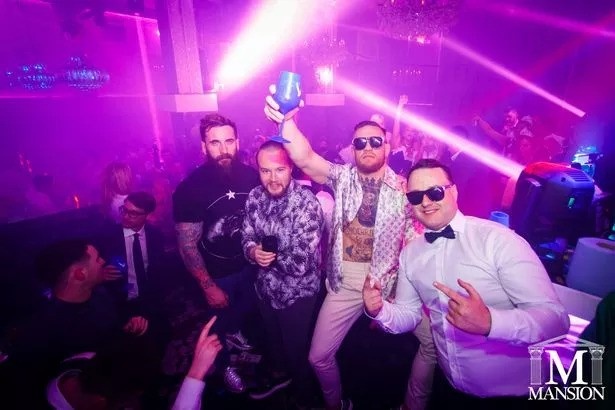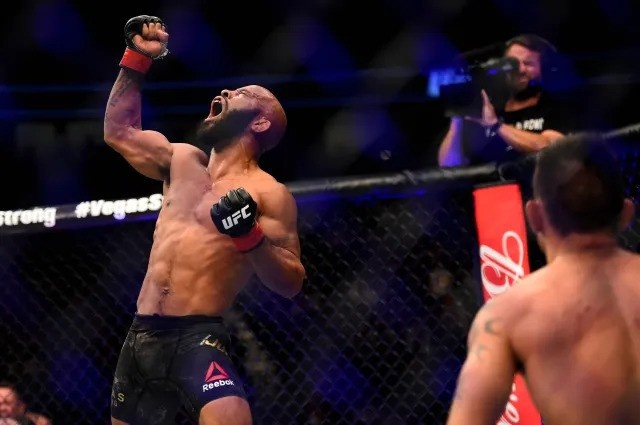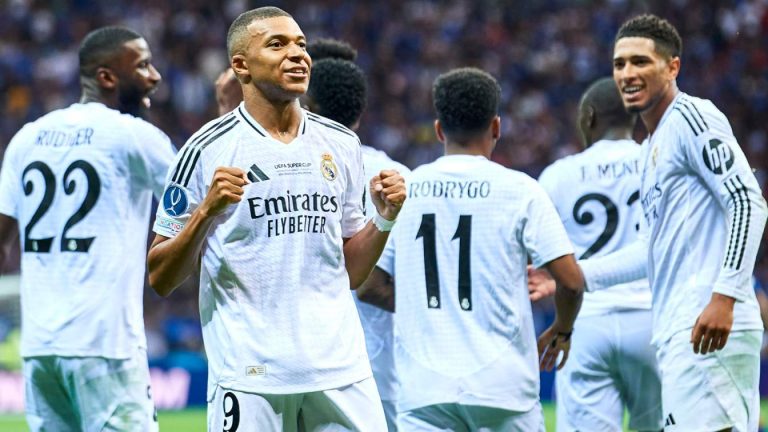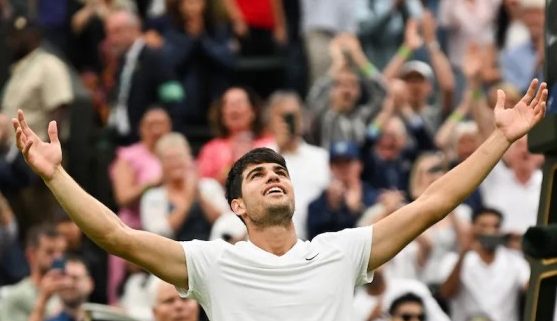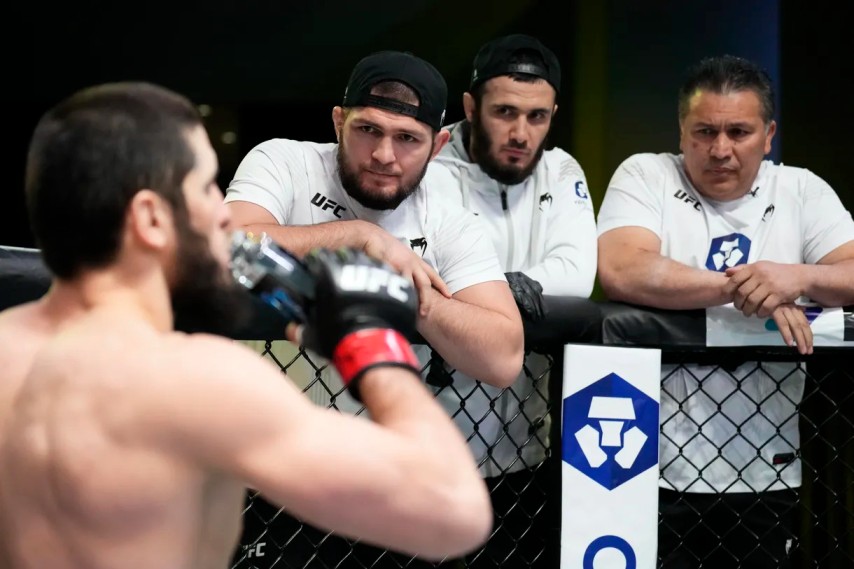
Table of Contents
The world of mixed martial arts is as brutal as it is beautiful, a relentless pursuit of victory often pushing athletes to their physical and mental limits. Recently, the anticipated Umar Nurmagomedov vs. Merab Dvalishvili fight was unfortunately canceled due to an Umar Nurmagomedov injury. What’s truly compelling, however, isn’t just the cancellation but the candid admission from Khabib’s coach Javier Mendez, who refused to blame his fighter for hiding the ailment. Instead, Mendez took the full weight of responsibility onto himself.
This incident offers a profound look into the complex psychology of fighters, the crucial coach-athlete dynamic, and the ripple effects on the highly competitive UFC bantamweight division. It’s a stark reminder that in the unforgiving arena of combat sports, the drive to compete can sometimes overshadow even the most critical concerns for fighter safety.
The Fighter’s Dilemma: Why Injuries Go Undisclosed
Why would an elite athlete, poised for a career-defining moment, conceal a debilitating injury? The answer lies at the intersection of ambition, opportunity, and the inherent “warrior mentality” that defines so many in this sport.
The Lure of Opportunity
For a rising star like Umar Nurmagomedov, a fight against a top contender like Merab Dvalishvili represents more than just a bout; it’s a stepping stone, a chance to solidify his position and accelerate his ascent. The fear of missing such a significant opportunity—and the potential loss of income and momentum that comes with it—can be immense. Fighters train for months, make sacrifices, and pour their lives into these moments. Canceling due to injury feels like a defeat before the battle even begins.
The Warrior Mentality
Every fighter is imbued with a deep-seated desire to push through pain, to overcome adversity. This “warrior mentality” is often celebrated, but it can also be a double-edged sword. In their mind, an injury might be seen as a weakness, something to be endured silently rather than disclosed. They might genuinely believe they can fight through it, or that it’s “not that bad,” only for it to worsen under the intense demands of competition. As a long-time observer of the sport, this mindset is common, though often detrimental in the long run.
Coach Mendez’s Masterclass in Leadership
In a climate where blame is often quickly assigned, Khabib’s coach Javier Mendez delivered a powerful lesson in leadership, unequivocally stating, “It’s on me.” His stance not only shields his fighter but also highlights the paramount importance of the coach’s role.
Taking Accountability
Mendez’s immediate assumption of responsibility is rare and commendable. He recognized that as a coach, he has a role in fostering an environment where fighters feel safe and comfortable disclosing injuries without fear of judgment or losing opportunities. It’s a testament to his experience that he understands the inherent pressure fighters face. He understands that the responsibility lies not just in training them physically but also in managing their well-being and ensuring their longevity in the sport.
The Crucial Coach-Fighter Bond
This incident underscores the vital trust and communication required between a fighter and their coach. Mendez’s approach encourages honesty, ensuring that fighters prioritize their health, which is essential for a sustainable career. Without such a bond, fighters might continue to hide injuries, jeopardizing their careers and potentially leading to more severe long-term consequences. It’s a partnership where health and performance must go hand-in-hand.
The Ripple Effect: What This Means for UFC Bantamweight
The cancellation of the Umar Nurmagomedov vs. Merab Dvalishvili fight is more than just a disappointment for fans; it has tangible implications for both fighters and the competitive UFC bantamweight division.
Impact on Umar Nurmagomedov’s Ascent
For Nurmagomedov, this injury means a delay in his highly anticipated climb up the ranks. He is undoubtedly one of the brightest prospects, but a significant injury can pause momentum and allow other contenders to surge ahead. His return will be eagerly awaited, but the immediate focus will be on full recovery to ensure he comes back at 100%.
For more Click here
Shaking Up the Division
The bantamweight division is arguably one of the most stacked and exciting in the UFC. With this fight off the table, the immediate future of both Umar Nurmagomedov and Merab Dvalishvili becomes uncertain. Matchmakers will need to re-evaluate potential matchups, and this could open doors for other contenders to stake their claim. It’s a constant shuffle, and every major fight cancellation sends ripples throughout the ranks, creating new opportunities and challenges.
Ultimately, while the cancellation is disappointing, Coach Mendez’s stance has provided a valuable lesson for the entire MMA community. It highlights the often-unseen struggles fighters face and the critical role coaches play in safeguarding their athletes’ long-term health and careers.
Conclusion
The unfortunate Umar Nurmagomedov injury and the subsequent cancellation of his fight with Merab Dvalishvili serve as a poignant reminder of the sacrifices and pressures inherent in professional MMA. Coach Javier Mendez’s responsible and empathetic approach underscores the importance of a strong, trusting coach-fighter relationship. It’s a partnership where open communication about health and well-being must always triumph over the allure of immediate opportunity. As we look ahead, we hope for a swift and full recovery for Nurmagomedov, and that lessons learned from this incident contribute to a safer environment for all fighters.
FAQS
1. Why do fighters often hide their injuries?
Fighters often hide injuries due to immense pressure, the desire not to miss out on significant fight opportunities, and a deeply ingrained “warrior mentality” that encourages pushing through pain.
2. What was Coach Javier Mendez’s reaction to Umar Nurmagomedov’s injury?
Khabib’s coach Javier Mendez took full responsibility for the situation, stating “it’s on me” and refusing to blame Umar Nurmagomedov for hiding his injury, emphasizing the importance of coach-fighter communication.
How does a fight cancellation due to injury impact the UFC bantamweight division?
Such cancellations can significantly impact the division by delaying a fighter’s ascent, shifting potential matchups, and creating new opportunities for other contenders to move up the ranks.

